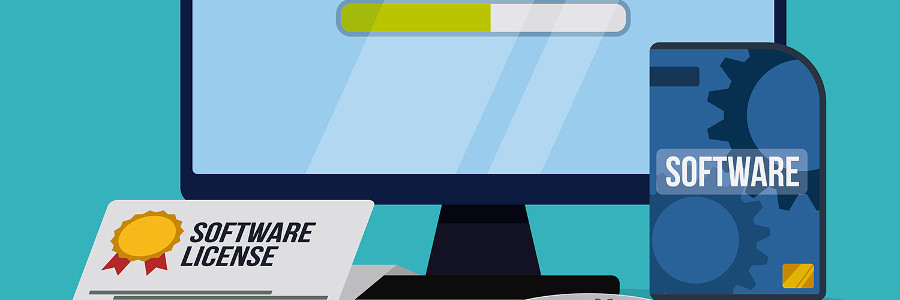Virtualization, or the act of moving physical systems to a digital environment, has become one of the most sought-after tech solutions by small- to medium-sized businesses (SMBs). While the technology is popular, it has many potentially confusing terms associated with it.
- Columbus: (614) 702-7700
- Cleveland: (216) 393-2484
- Akron/Canton: (330) 685-9100
4 Common misconceptions about virtualization

Small businesses can accomplish a lot by implementing virtualization in their office IT network. Unfortunately, many SMBs shy away from it because of various misconceptions. Here are four myths about virtualization you should stop believing.
Myth #1 – Virtualization is too expensive for SMBs
Many people assume that the more advanced an IT solution is, the more expensive it is to install and maintain.
3 Potential issues to watch out for during virtualization

Virtualization can boost operational efficiencies like never before, but you have to understand that the benefits aren’t always immediate. As valuable as it is, it does come with flaws to those who don’t know how to properly adopt it. Here are a few concerns that can become an issue in virtualization adoption.
3 Common storage virtualization issues
Is virtualization right for your company?
Software challenges for virtual environments

Since the very first software release, software licensing was already considered a challenge. In the past, many software licensing models were based on concurrent connections or number of installations. Today, virtualization and multicore CPUs add a new level of complexity, making it more difficult to track costs and how many licenses you’ll need.
How to cut your data center expenses

Many business owners tend to ignore the server room or pretend that it doesn’t exist. But this won’t change the fact that it can wreak havoc on your electric bills. Before you suffer, read this article to lower your energy bills.
Perform an energy audit
There’s a good chance your IT staff has never thought about how much energy your server room and data center are consuming.
Why virtualization fails
Why it’s costly not to virtualize

You’ve probably heard that virtualization saves money, but how can you take advantage of this? Did you know that choosing not to virtualize can hurt your business? Answer these four questions to discover why virtualization is good for you.
Studies have shown that over 70% of IT budgets go to “keeping the lights on.






